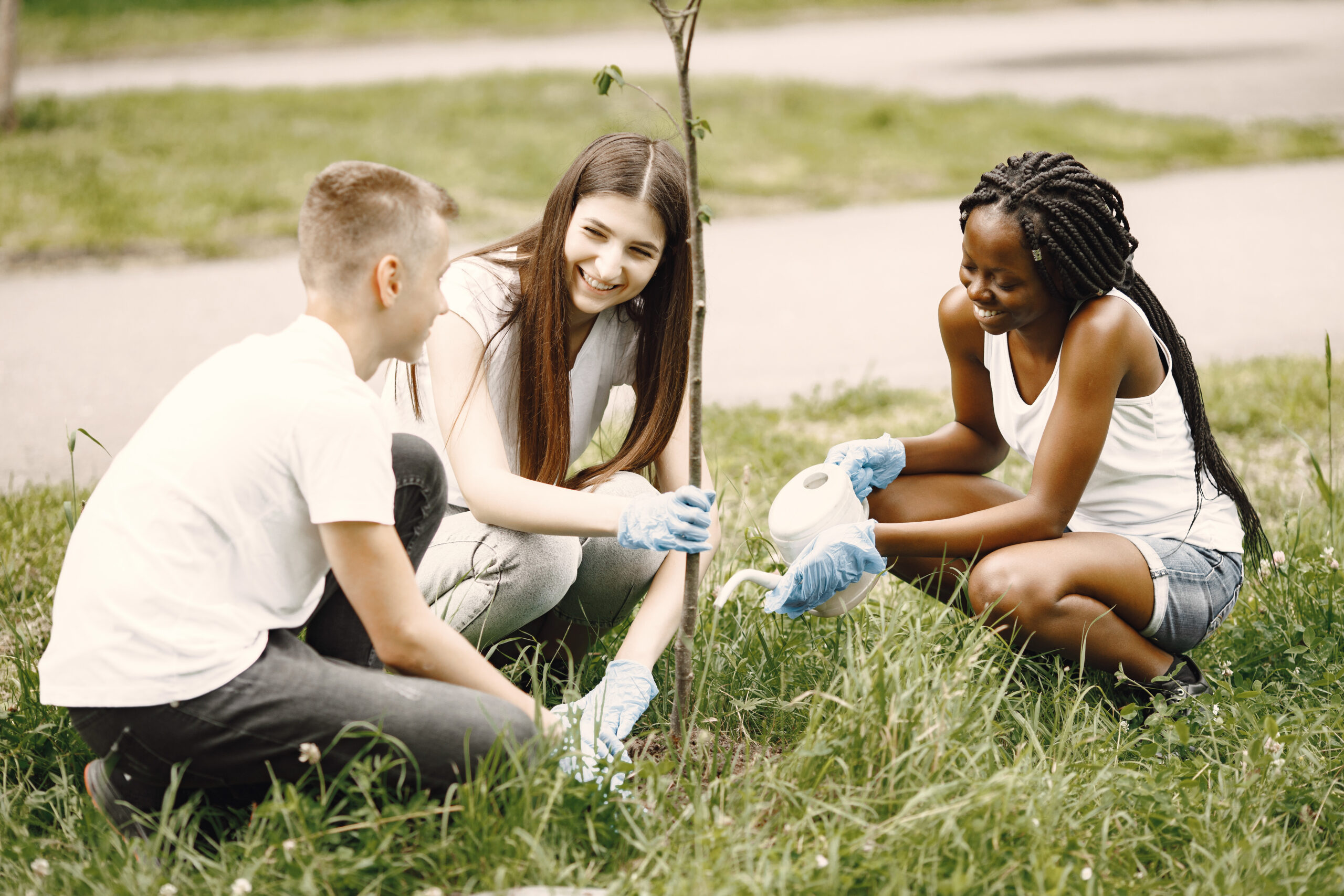How to Take Care of the Environment as a Student: Simple Steps to Make a Big Impact

As a student, you might feel like your influence is limited, but when it comes to the environment, even small actions count. With a few simple practices, like reducing waste and conserving energy, you can make a significant difference. Here's how to take care of the environment as a student while managing your studies and social life. Let's explore some effective ways you can begin to positively impact our planet today.
1. Reduce, Reuse, Recycle
This might seem basic, but it's incredibly effective. Start by reducing your waste—bring a reusable water bottle, avoid single-use plastics, and be mindful of your consumption. When possible, reuse items instead of buying new ones, and always recycle whenever you can. Keep a recycling bin in your dorm room or apartment, and make sure you’re sorting your trash correctly. Here’s how to take care of the environment as a student by adopting these simple, yet impactful habits.
2. Go Paperless
In today’s digital world, there’s less need for paper. Take notes on your laptop or tablet instead of in a notebook, and opt for digital versions of textbooks when possible. If you have to print something, print double-sided and use recycled paper. Going paperless isn’t just good for the environment—it can also help you stay organized. Here's how to prevent pollution as a student by minimizing your paper use and adopting more sustainable digital practices.
3. Conserve Energy
Simple habits like turning off lights when you leave a room, unplugging devices when they’re not in use, and using energy-efficient light bulbs can significantly reduce your carbon footprint. Additionally, utilizing resources like WritePaper to manage your assignments efficiently can help you save time and focus on sustainable practices. Try to use natural light during the day and limit your use of heating and cooling systems by dressing appropriately for the weather. If your school offers renewable energy options, consider opting in.
4. Eat Sustainably
What you eat has a big impact on the environment. Try to eat more plant-based meals, as meat production is a major contributor to greenhouse gas emissions. When possible, buy locally sourced and organic foods to reduce the environmental costs of transportation and pesticides. Reducing food waste is also key—plan your meals, store food properly, and compost when you can. Here’s how to prevent pollution as a student by making smarter, more sustainable food choices.
5. Support Green Initiatives on Campus
Many schools have clubs or organizations focused on environmental sustainability. Get involved in these groups, or even start your own. Participate in campus cleanups, tree planting events, or campaigns to reduce plastic use on campus. Additionally, you can explore resources like blueskyways.org for inspiration and guidance on sustainable practices. You can also advocate for your school to implement more eco-friendly initiatives, such as offering more recycling bins or switching to renewable energy sources.
6. Use Eco-Friendly Transportation
Walking, biking, or using public transportation instead of driving is one of the easiest ways to reduce your carbon footprint. Many campuses are designed to be walkable, so take advantage of that. If you need to go farther, carpool with friends or use ride-sharing services. While focusing on sustainability, if you ever find yourself overwhelmed with assignments, you might consider options like pay to write college essay services to help manage your workload. Additionally, if you’re in the market for a new vehicle, consider an electric or hybrid option.
7. Be Mindful of Water Usage
Water is a precious resource, and conserving it is crucial. Take shorter showers, turn off the tap while brushing your teeth, and only run full loads of laundry. While managing your time efficiently to prioritize these eco-friendly habits, you might also consider using a pay to write college essay service to help lighten your academic load. If your school has programs to reduce water waste, like low-flow showerheads or water-saving toilets, support these initiatives and encourage others to do the same.
8. Educate Yourself and Others
Staying informed about environmental issues is key to making a difference. Take classes on environmental science or sustainability if they’re available, or join workshops and seminars. Share what you learn with friends and family, and encourage them to take action as well. The more people who are aware of the issues and committed to change, the bigger the impact we can have.
9. Advocate for Change
Use your voice to advocate for environmental policies at your school and in your community. Write to your campus administration about the importance of sustainability, or get involved in local politics to support green initiatives. If balancing activism with academic responsibilities becomes challenging, you might consider a pay to write college essay service to help manage your workload. Even small efforts, like signing petitions or attending rallies, can help bring about change.
10. Make Sustainable Choices in Your Daily Life
Finally, make a commitment to live a more sustainable lifestyle overall. As a student, understanding how to take care of the environment starts with choosing eco-friendly products, minimizing waste, and being mindful of the environmental impact of your daily choices. Whether it's bringing a reusable bag to the store, choosing to walk instead of drive, or making other small adjustments, every action contributes to a healthier planet.
Conclusion
Taking care of the environment doesn’t have to be overwhelming. By making small, sustainable changes in your daily life, you can help protect the planet while continuing your education. If you ever find your academic responsibilities piling up, consider using a pay to write college essay service to ease some of the pressure, allowing you to focus on your eco-friendly initiatives. Remember, as a student, you’re not just preparing for your future—you’re also shaping the future of the world around you. So why not start making it a greener one?
